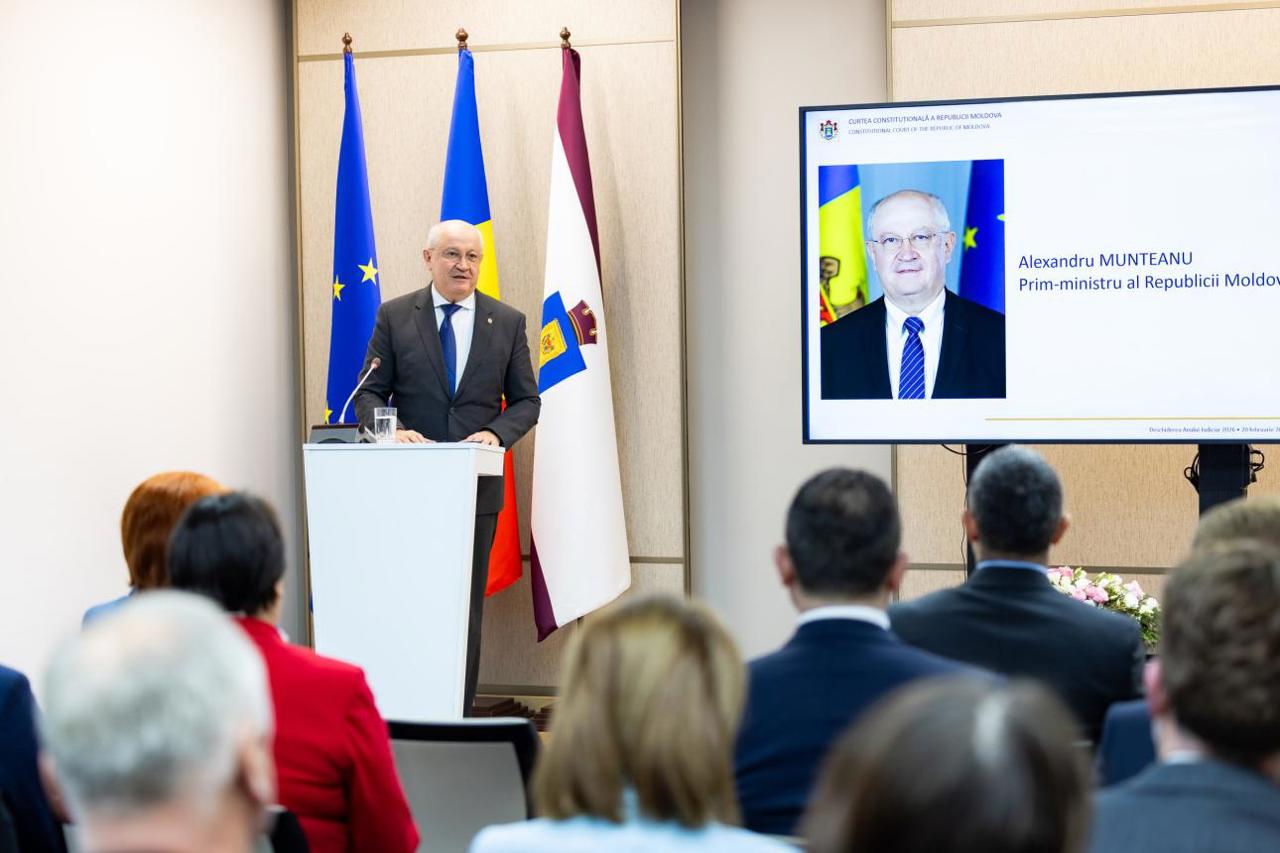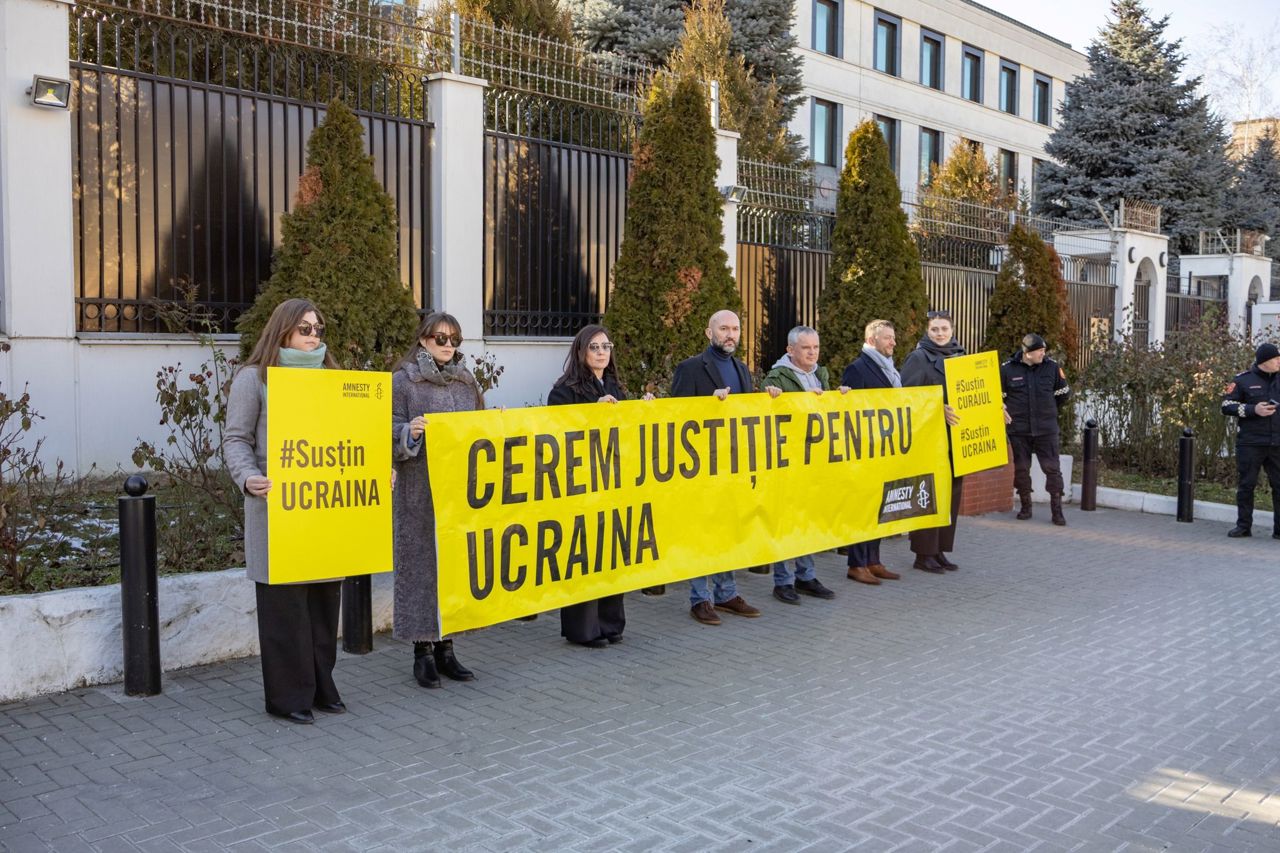Press review: Marina Tauber’s travel ban amid election allegations
What candidates gain from losing presidential elections, reasons behind the Chișinău Court's ban on Marina Tauber leaving Moldova, and how the Russian Federation might block the European perspective: key press headlines reviewed

Europa Liberă reports that candidates who lose in the presidential elections, besides benefiting from media exposure, receive state assistance in organising their electoral meetings. During the election period, candidates are not required to find or organise meeting locations themselves; this responsibility falls to local mayoralties. Additionally, local authorities provide spaces for electoral posters for all candidates. Candidates lacking campaign funds can borrow money from the state without interest. More significantly, each party with a candidate receives financial support based on election results for the subsequent four years.
The source further notes that, out of eight candidates from the 2020 presidential elections, six remain active in politics, with some seeking to run again. Seven parties continue to receive state allocations. This year, at least 18 contenders have declared their intention to participate in the presidential race, despite the understanding that only one will emerge victorious.
Radio Chișinău reports that on August 12, the Chișinău Court prohibited Marina Tauber from leaving Moldova for 60 days due to her social media posts about planning to leave the country and because she purchased a plane ticket. On August 8, Tauber announced that she needed to leave Moldova due to recent threats. She is suspected of falsifying documents in the Bălți mayoral election and attempting to obstruct the judicial review of Ilan Șor’s criminal case.
The referendum on European integration, scheduled concurrently with the first round of the presidential elections on October 20, 2024, is a major concern for Moscow and its pro-Russian allies in politics, media, and pseudo-civil society in Moldova, according to deschide.md. Political commentator Mihai Isac argues that the large number of candidates, who effectively represent Russian interests, aims to exploit Moldova’s democratic electoral process to inundate the public sphere with anti-European propaganda and distract Moldovan voters.
Isac suggests that the Georgian experience should serve as “a cold shower” for pro-European media in Chișinău, noting that Georgia has become “a Russian neocolony” despite its European integration goals being enshrined in its Constitution.
In a recent interview, former Deputy Prime Minister Nicu Popescu, former Minister of Foreign Affairs and European Integration, urged citizens to vote on October 20 and “give a firm YES” to the European path, warning that failure to do so could result in “setbacks” in relations with Brussels.
Despite Chișinău’s diplomatic dismissal of claims that Moldova would host F-16 aircraft provided to Ukraine by the West, the Russian Ministry of Foreign Affairs has expressed its “serious concern” during discussions with Moldovan businessman Andrei Chetraru in Moscow, as reported by Moldova 1. The Ministry of Foreign Affairs had previously emphasised Moldova’s commitment to neutrality and its lack of plans to host weapons or military equipment, including aircraft. The Ministry invited the Russian Ministry to verify information through reliable sources.
TVR Moldova reports that six out of ten young people in the Republic of Moldova neither work nor attend school. Experts highlight that this issue, which is not new, contributes to decreased economic performance and increased migration. Last year, the average unemployment rate in Moldova was 4.6%, with a rate of 6% among individuals aged 15 to 34. The most affected group is those under 24 years old, with an unemployment rate of 11.5%. Consequently, young people’s main sources of income are parental support, social assistance, or funds from the Diaspora. Sociologist Veaceslav Reabcinschi notes that the unemployment rate is directly influenced by low education levels, while Arin Gospodarenco, director of the Economic Analytical Center, states that youth unemployment hampers the country’s economic potential and affects its competitiveness.
Agora reports that Ion Creangă, the suspect of espionage and treason, remains in preventive detention following the Court of Appeal’s rejection of the lawyers' appeal. The head of the Legal Department in Parliament participated in the meeting online. He is alleged to have provided secret information to an employee of the Russian Embassy in Chișinău.
Translatino by Iurie Tataru





